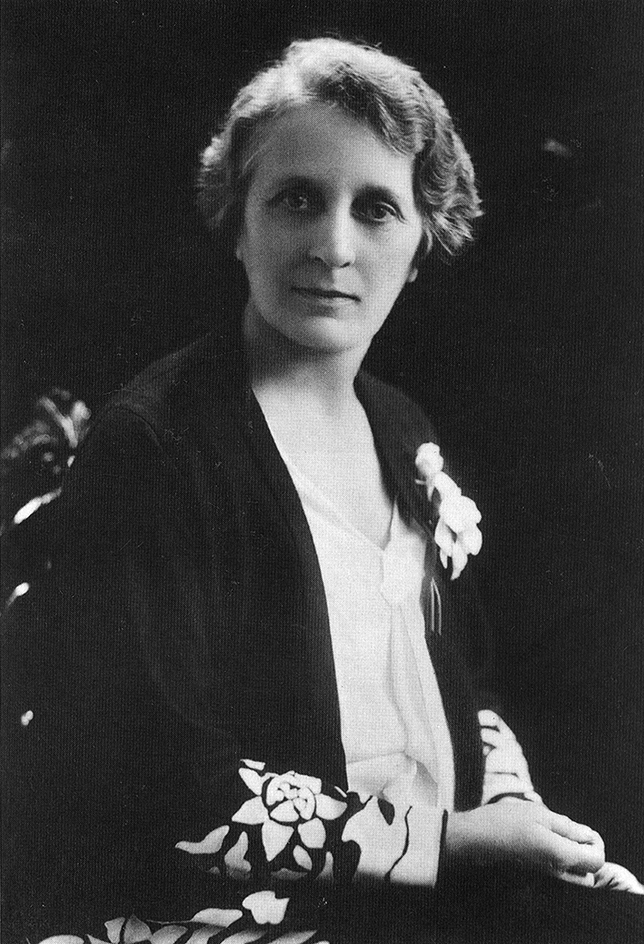Parlby, Irene (1868-1965), was a British-born feminist and politician who immigrated to the Canadian province of Alberta. Parlby became famous for her participation in the Persons Case of 1927, a legal case that changed the political status of Canadian women.

Mary Irene Marryat was born on Jan. 9, 1868, in London, England. She moved to Canada in 1896. In 1897, she married Walter Parlby, an Englishman who had settled in Alberta to farm. Irene Parlby became involved in local politics. She served as secretary of the Alix Country Women’s Club, a local farmers’ organization. Parlby also helped found the United Farm Women of Alberta (UFWA) and became its first president in 1916. The UFWA was an offshoot of the United Farmers of Alberta (UFA), a farmers’ organization that later became a political party. As UFWA president, Parlby founded new branches of the group, helped establish hospitals, and sought greater educational resources for rural children.
In 1921, the UFA won Alberta’s provincial election, and Parlby was elected to Alberta’s legislature as a member of the UFA. She also was appointed a minister without portfolio (official area of responsibility). She became the second woman cabinet minister in the history of the British Empire. Parlby held this position until 1935.
As a legislator, she worked to end sex discrimination in the law. She supported child welfare, dower rights (widows’ rights to a portion of their husbands’ property), and mother’s allowances (government money for mothers). Parlby also was active in the Alberta Red Cross Society and the National Council of Women of Canada.
In 1927, Parlby joined with four other reformers—Henrietta Muir Edwards, Nellie McClung, Louise McKinney, and Emily Murphy. The group requested a court ruling on whether women could serve in Canada’s Senate. The case challenged the meaning of the word persons in the British North America Act, which at that time was Canada’s basic governing document. In 1929, the Judicial Committee of the Privy Council of the United Kingdom ruled that the word persons included women as well as men. Women thus became eligible for appointment to the Senate. Parlby and her fellow reformers became known as the Famous Five (see Famous Five ).
Parlby served as a delegate to the League of Nations in 1930. She retired from politics in 1935 but remained a popular speaker and local personality. Parlby died on July 12, 1965, in Red Deer, Alberta.
